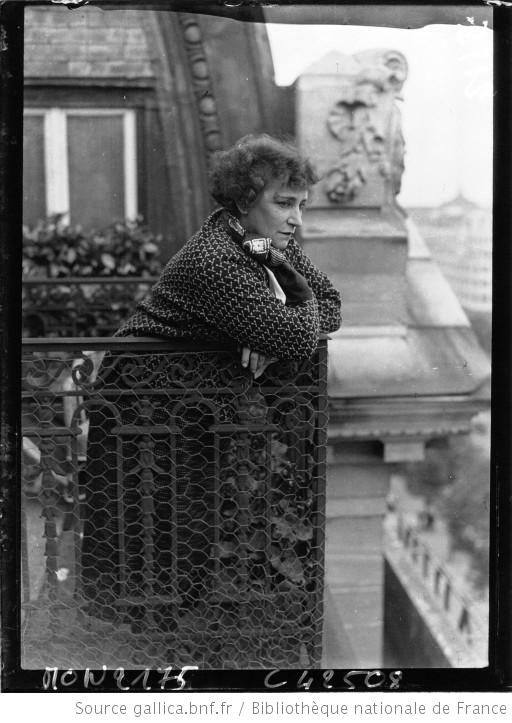I heard about the Cambridge Journal of Law, Politics, and Art through a good friend who recommended it to me back in 2021. I read a few pieces from the journal’s inaugural issue, and I was impressed by their depth and variety.
Consequently, when submissions to Issue 2 of the journal opened earlier this year, I decided to send in some of my work. I am very happy that I did! My essay on Colette, memoir, nostalgia, and depictions of the countryside – based on a paper I wrote during my MPhil at Cambridge – was published in the journal’s second issue, which you can read online here.
For those of you who are curious, this introductory paragraph provides a taste of what this essay is about:
“For the maverick French author Colette, writing about her childhood offered a chance to reflect on the past while keeping a firm grasp on the present. Though frequently avant-garde in their social philosophies, her memoir-adjacent novels also make evident a measured introspection. As she writes of her own attitudes towards novels and life in semi-autobiographical novel La Maison de Claudine: ‘Je ne sais quelle froideur littéraire, saine à tout prendre, me garda du délire romanesque…’. This statement speaks to her work’s tension between the realist detachment of ‘froideur littéraire’ and the nineteenth-century romanticising visions of the pastoral evoked by ‘délire romanesque’. Indeed, Colette’s writing defied simple categorisation—particularly in regard to its subtly unconventional depictions of rural France.”
I really enjoy Colette’s writing, and I also appreciate the fact that she lived so boldly – even when meeting with opprobrium – and was so unapologetically herself. If you haven’t yet picked up a book by her or read about her life, I would highly recommend doing so. In Colette’s case, both her truth and her fiction are captivating.
